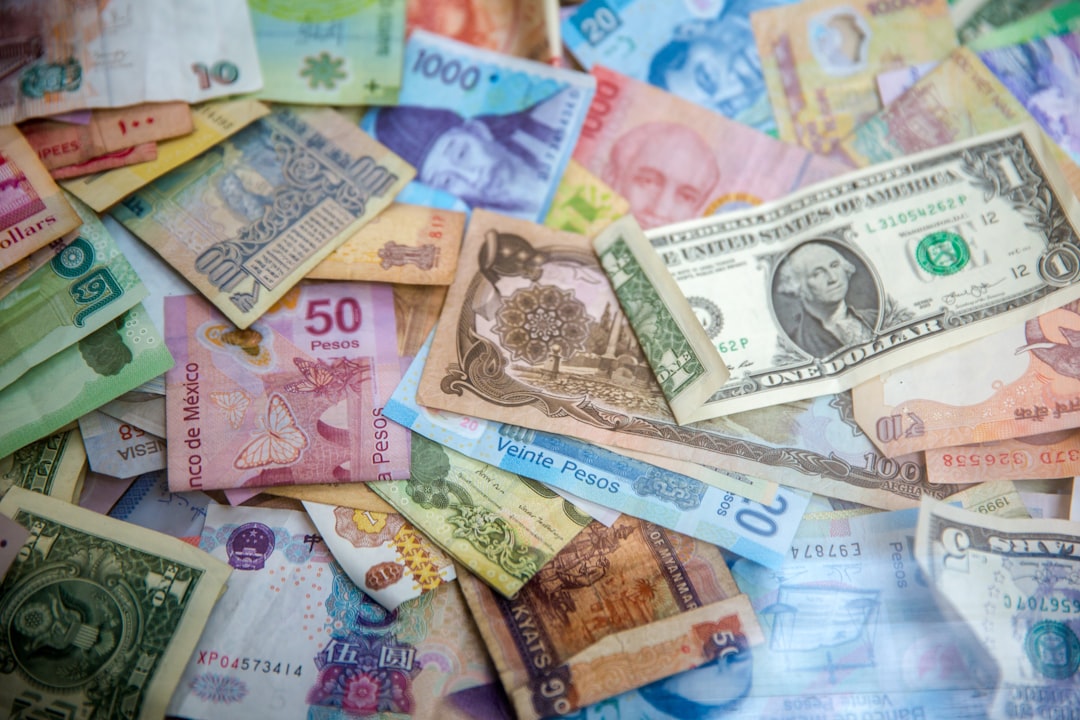The OG sociologists—Simmel and Marx and Durkheim—spent a lot of time thinking about money. Not in the sense of making lots of it (none of them did), but in the sense of what the hell money is.
When I first started teaching sociological theory, this was confusing to me. Why were these dead white dudes so obsessed with figuring out what money was and how the hell it worked? Then I remembered—the idea of money in its current form, existing smack dab at the center of capitalism, was fairly new to them. I mean, money has been around a long time, but not in the form it takes in modern wage capitalism.
Simmel talks about the way in which money can be (ironically enough) an equalizer. A dollar is worth a dollar is worth a dollar, which means (in theory) that a dollar in the hand of a poor person is the same as the dollar in the hand of Elon Musk.
But Marx, of course, pointed out that money in the hands of the bourgeoisie is not the same as money in the hands of the proletariat. The bourgeoisie are able to use their money to make more money (by investing in commodities like property or stocks or gold or huge social media companies). The proletariat sell their labor to get money which they’re then forced to transform into other commodities (like food, shelter, clothes and approximately twenty different streaming services).

I haven’t spent as much time thinking about money as Marx or Simmel. I’m lucky enough to spend less time thinking about money than the average American. Just for a frame of reference and because our sense of how well off we are is deeply distorted by the social class background of the people we hang out with, the real median earnings of workers over the age of 15 in the U.S. was $41,535 in 2020. For full-time, year-round workers, the real median earnings were $61,417 for men and $50,982 for women (that’s called the gender wage gap, folks).
My family is financially comfortable. I did spend a couple minutes in the Tractor Supply this week debating whether or not to buy the $30 garden clippers, but this was mostly a philosophical exercise. We can afford a $30 pair of garden clippers.
Given that base level of affluence, when I do think about money, here is what I think—the most important thing I can buy with my money is time. Period. That’s it.
Time is finite. We only get so much of it. Every day, there’s less of it. And we never know how much of it we have left—an hour, a day, a week? The most important function of money is to give me more control over how I spend that precious time.
Would it save me $100 or $200 to take the flight with one or two stops over the direct flight? Maybe. Do I want to spend that extra time getting where I’m going, especially given that it’s not going to be enjoyable time, rushing through the Chicago airport trying to catch the next flight? Nope. I’ll buy myself more time being there instead of getting there and less time being stressed out.
It isn’t cheap to pay to get my taxes done, but that’s at least two hours of lying on the couch reading time I’ve bought back and, for me, at least, time spent doing almost anything is better than time spent doing taxes.
Paying for a vacation in my favorite place is buying a particular kind of time. Slow time. Beach time. When I spend money to go to a restaurant or on ingredients to cook a meal, I’m buying food time—making it or eating it, both are good uses of time. When I use Instacart, I’ve bought back that hour and a half of grocery shopping, which is not as unpleasant as doing taxes, but still not fun. I spend money to have people over for drinks and throw parties because social time is some of the very most important kind of time to me.
By far the biggest thing I’m buying with my money is retirement time, squirreling away my dollars and cents to buy each work-free day and week. Even staring at the garden clippers, I’m contemplating how much less time I’ll have to spend cutting vines with dull crappy clippers and how much time I can add falling asleep in my lounge chair, instead.
The OG sociologists were interested in money as a symbol. That’s all money is, really. A representation of something else. A car. A house. A pair of garden clippers. A couple extra hours on the beach.
Of course, in Marx’s perfect socialist world, we wouldn’t have to use money to buy time. Even as I confess that the most important thing my money can buy me is time when I’m not working, I feel that cultural twinge, that voice of the spirit of capitalism whispering in my ear, “Oh, that’s because you’re lazy.” Then I remind myself that laziness is capitalist propaganda. And I go on buying up time.
Thanks for reading and sharing and liking! Exciting news! We have an official pub date for the paperback of She/He/They/Me, on June 21. Look for giveaways on my social media in the coming weeks. And if you haven’t already, go to Goodreads, here, and mark it as to-read. Or preorder it from your favorite local independent bookstore or Barnes and Noble or Bookshop.org, or, yes, Amazon.


